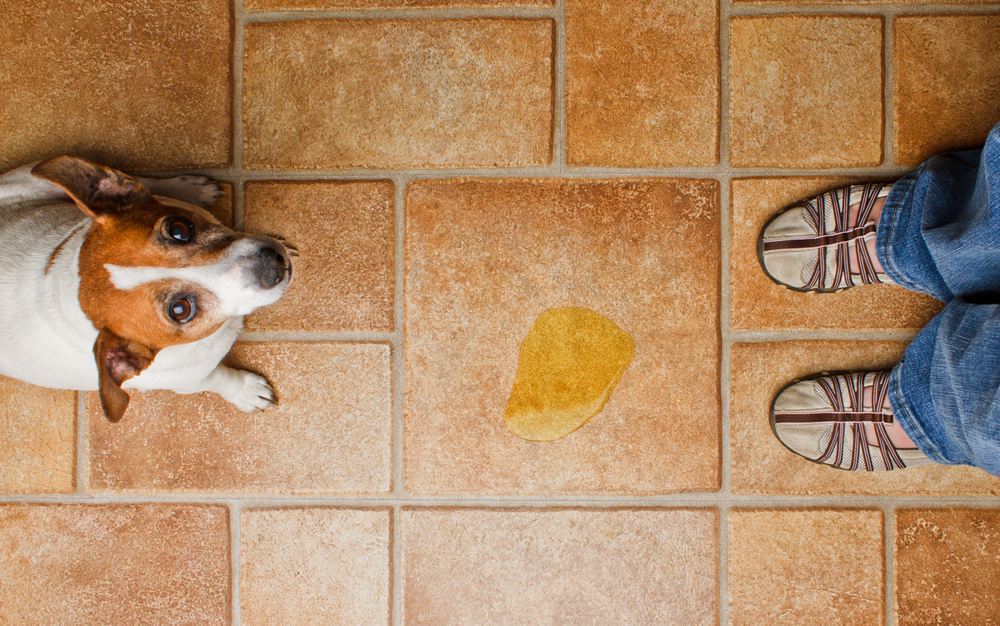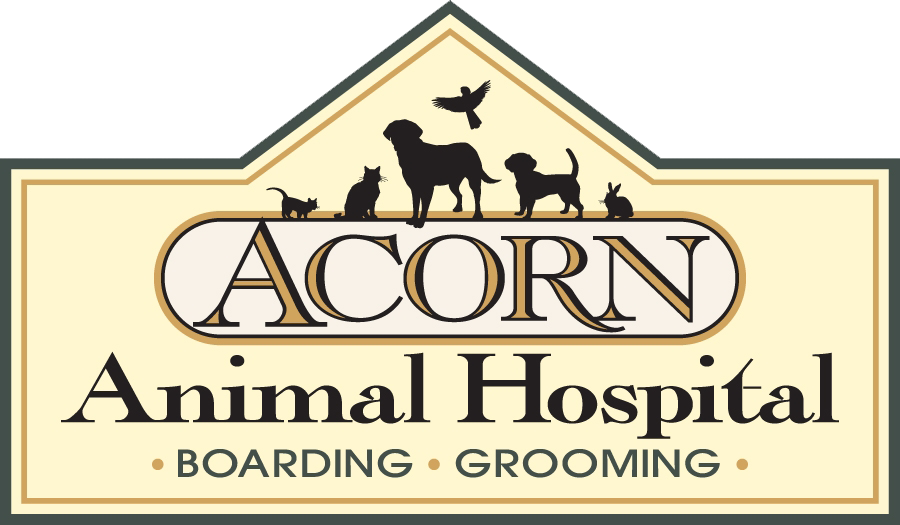A zoonotic disease is one that can be spread between animals and humans. Leptospirosis is believed to be the most widespread zoonotic disease in the world. As urban sprawl invades wildlife territories, you and your dog are more at risk for exposure to this detrimental disease. The team at Acorn Animal Hospital wants to educate you on everything you need to know about leptospirosis.
What is leptospirosis?
Leptospirosis is a bacterial infection that affects many mammals, including dogs and humans. Leptospira organisms are spiral-shaped bacteria called spirochetes. More than 250 types, or serovars, have been identified, and 10 have been shown to affect dogs. Canicola, grippotyphosa, icterohaemorrhagiae, bratislava, and pomona are some common serovars that affect dogs. Leptospires prefer warm, wet conditions, and can survive for months in contaminated soil. Leptospirosis cases typically spike in the late summer and fall, especially following seasons that experienced abnormally high rainfall.
How are dogs infected by leptospirosis?
Leptospirosis can be transmitted through direct contact if your dog is bitten by an infected animal. They can also be infected if they eat a contaminated carcass, but the most common infection transmission occurs when the leptospires penetrate your dog’s mucous membranes or damaged skin when they are drinking or swimming in urine-contaminated water. The bacteria then spread to several organs in the body, including the kidneys, liver, and spleen, where they replicate. After a 7- to 14-day incubation period, affected dogs may start to exhibit signs. During this incubation period, your dog’s body produces antibodies that may clear the infection. Some dogs recover completely without treatment, while others become persistent carriers and shed the bacteria in their urine.
Dogs can be affected by leptospirosis in several ways. The effect of leptospirosis on your dog depends on their age, their health, environmental factors, and the serovars’ virulence. Young dogs tend to be most severely affected, while adult dogs living outside tend to be more frequently affected. The different clinical pictures include:
- Acute disease — This type of infection has a sudden onset and is usually seen in young dogs (i.e., less than a year old). Signs include fever, muscle tenderness, severe vomiting, bleeding disorders, and respiratory distress. These patients typically die before other organ systems can be affected.
- Subacute disease — This is the more common infection form. Signs include fever, general muscle pain, jaundice (i.e., yellowing of the eyes and mucous membranes), bruising, and bleeding disorders. Dogs suffering from subacute disease may progress to kidney or liver failure.
- Chronic disease — In dogs dealing with chronic disease, recurring fevers, chronic kidney or liver disease, and uveitis (i.e., inflammation in the eye) will be observed.
How are dogs treated to clear leptospirosis infection?
After diagnosis is made by testing their blood or urine, your dog will be given a course of antibiotics. The leptospires are typically cleared from the blood after 24 hours, but treatment for one to two weeks is necessary before they are cleared from the urine. Do not stop treatment before finishing the recommended course, or infection could recur. X-rays or ultrasound may be required to determine your dog’s liver and kidney damage. Dogs affected by kidney disease will need intravenous fluid therapy to help restore kidney function. Prognosis depends on the extent of organ damage, but with prompt, appropriate treatment, 80 to 90 percent survival rates are reported. Pets with significant kidney or liver damage may have chronic problems that require ongoing management.
Can dogs be vaccinated against leptospirosis?
When out in rural settings with your dog, monitor them closely to prevent interaction with wildlife or eating carcasses. Keep them away from stagnant, still water sources, and redirect them toward clear, flowing water if they need a drink or a swim. Take bottled water and a water bowl so you can offer your dog a drink frequently, to prevent them from drinking from natural sources. If you frequent rural settings, talk to our veterinary professionals at Acorn Animal Hospital to see if your dog is a candidate for the leptospirosis vaccine, which is optional. The vaccine does not always prevent infection, but the disease tends to be much milder if infection occurs.
Can I get leptospirosis from my dog?

Since leptospirosis is a zoonotic disease, you can be infected if you contact your dog’s urine. Wear gloves when you are cleaning up after your dog, and wash your hands thoroughly after interacting with them. Do not allow your dog to urinate in areas where other people or pets will be present. If you are infected by leptospirosis, signs will include high fever, headache, muscle aches, vomiting, diarrhea, and inflamed eyes. If you believe you have leptospirosis, contact your physician immediately.
Leptospirosis can cause significant issues for you and your dog, but by taking a few precautions, you and your dog can remain disease free. If your dog is showing signs indicating leptospirosis, or if you would like to have them vaccinated for the disease, do not hesitate to contact our team at Acorn Animal Hospital.
